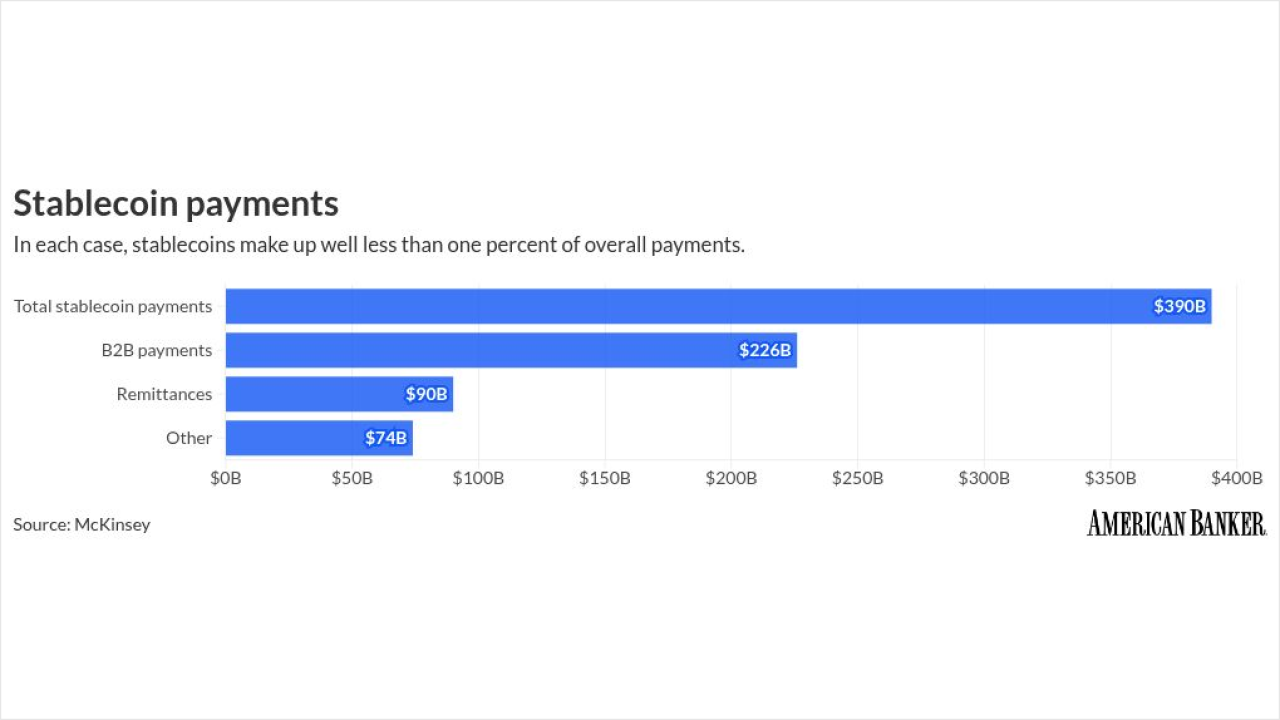A New York resident can bring a lawsuit in federal court to challenge debt collection practices under the Fair Debt Collection Practices Act for a loan that was discharged in bankruptcy, the U.S. Court of Appeals for the Second Circuit ruled Monday.
Claims that mortgage servicer Ocwen Loan Servicing violated the FDCPA by trying to collect Donna Garfield's previously discharged debt aren’t trumped by the U.S. Bankruptcy Code, the court ruled. The three-judge appellate panel overturned a lower court’s dismissal of the 2014 lawsuit filed by Garfield, who accused Ocwen of illegally demanding payment of thousands of dollars in mortgage debt she didn’t owe.
Judges Jon Newman, Ralph Winter and Jose Cabranes, in
Garfield had failed to make payments on a mortgage for the home she obtained from Ocwen's predecessor-in-interest and she filed for Chapter 13 Bankruptcy in 2009. She obtained a discharge of her personal obligation for the loan in August 2013, agreeing to pay $938 a month to prevent foreclosure.
After falling behind on payments, in February 2014 Ocwen demanded that she pay $21,825 or face foreclosure. In April 2014, Ocwen sent a delinquency notice for $2,684. The amounts reflected her arrears for monthly payments and the mortgage loan arrears that had been discharged in bankruptcy.
Garfield filed in the Western District on several claims under the FDCPA, including allegations that Ocwen failed to give her a so-called "mini-Miranda warning" as required by law for conversations with a debtor, and that the company failed to send notice within five days of her right to dispute the debt.
The circuit previously ruled in
"Now facing the issue of implied repeal of FDCPA provisions invoked for claims in the post-discharge context, we conclude that the bankruptcy code does not broadly repeal the FDCPA for purposes of FDCPA claims based on conduct that would constitute alleged violations of the discharge injunction," Newman wrote.
"No irreconcilable conflict exists between the post-discharge remedies of the bankruptcy code and the FDCPA," he said. "There is no reason to assume that Congress did not expect these two statutory schemes to coexist in the post-discharge context."
Newman went on to find, as to Garfield, that the bankruptcy code also does not impliedly repeal specific provisions, including the "mini-Miranda warning" claim.
"Ocwen's communication, even without the mini-Miranda warning, was an attempt to collect a discharged debt in violation of the bankruptcy code," he wrote. "The absence of mini-Miranda also violated the FDCPA. There is no conflict."





